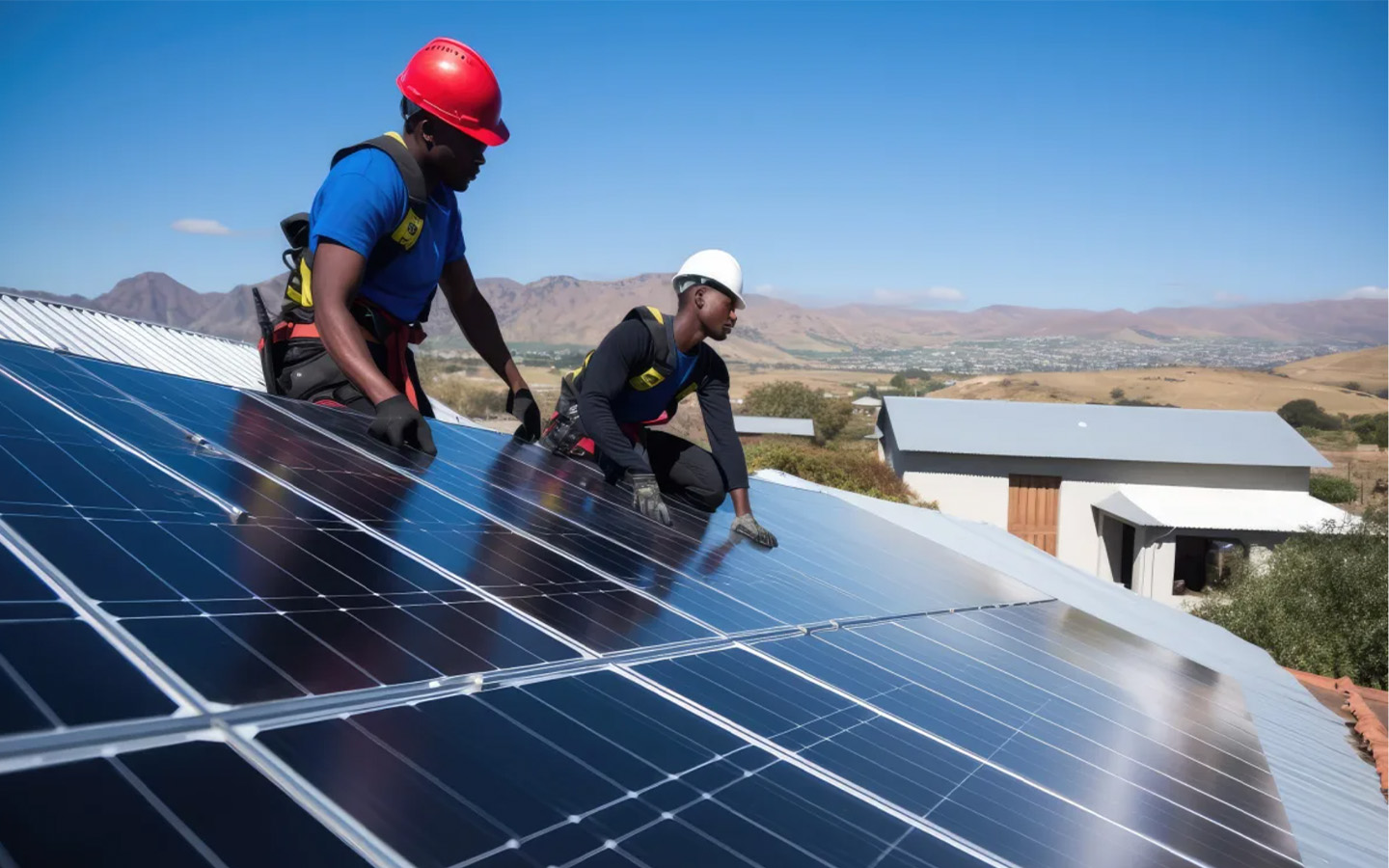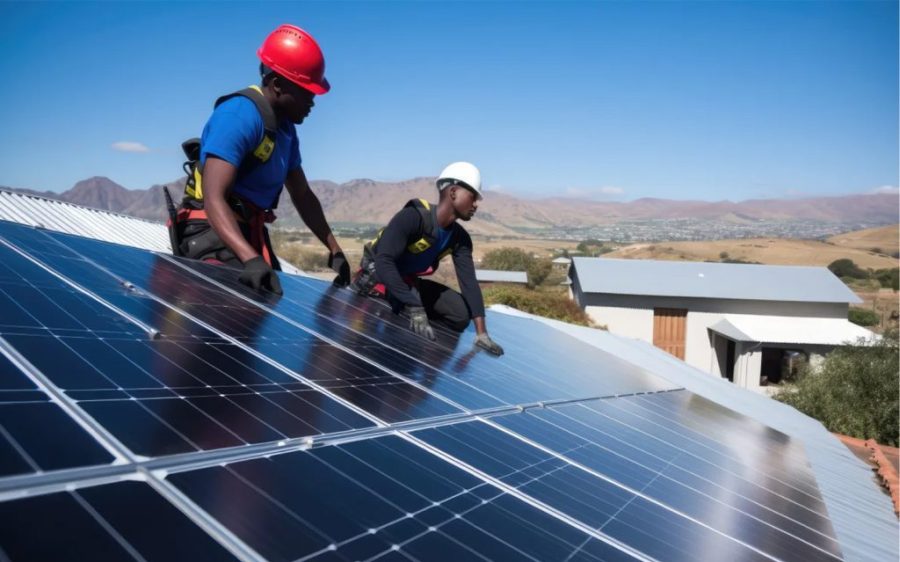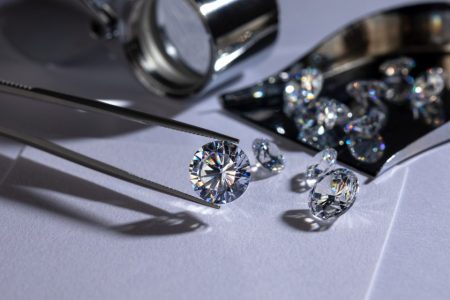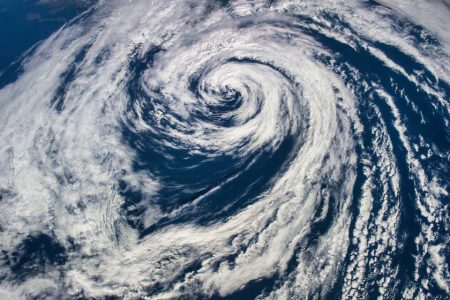A large photovoltaic plant has been built in Guinea-Bissau by the European Union in collaboration with TESE, a Portuguese NGO. The facility is set to begin supplying electricity to Bolama Island as soon as it receives government authorisation, reports Lusa.
The 550-watt photovoltaic plant cost around US$3.2 million to build and is supported by 1,091 solar panels arrayed across 6,500 square metres on Bolama Island, the closest of the Bijagós Islands to mainland Guinea-Bissau.
The capacity of the panels is further reinforced by 1.5 MW rechargeable lithium batteries, capable of supplying power to the 5,000 residents of Bolama for 24 hours. This ensures that the supply of electricity remains reliable even as solar generation varies. Twelve kilometres of electrical cables have also been installed throughout the city as part of the project, supplying electricity to public lights in the historic centre.
Bolama served as the capital of Portuguese Guinea for 90 years before the capital was moved to Bissau, now the largest city. Like most towns in the interior of the Bissau-Guinean mainland, Bolama has suffered from poor electricity supply for several years.
[See more: Guinea-Bissau sets its sights on World Heritage status for the Bijagós archipelago]
The Bolama photovoltaic plant is part of the larger Iande Guiné programme, a five-year, US$47 million investment by the EU to raise its own profile in West Africa while developing socioeconomic opportunities for the impoverished region. Other infrastructure projects due for completion in Guinea-Bissau this year include potable water supply systems, and rice and vegetable processing centres.
The programme comes amid a growing realisation among the US and its European allies that the West has ceded a great deal of diplomatic influence in Africa to China and Russia after years of neglect.
The leaders of Russia and Guinea-Bissau held their first-ever summit in 2022 and in early 2023, Moscow indicated that it was willing to write off Guinea-Bissau’s debt.
China has meanwhile given at least US$113 million in assistance to the country, modernising its telephone network and constructing its parliament building.






